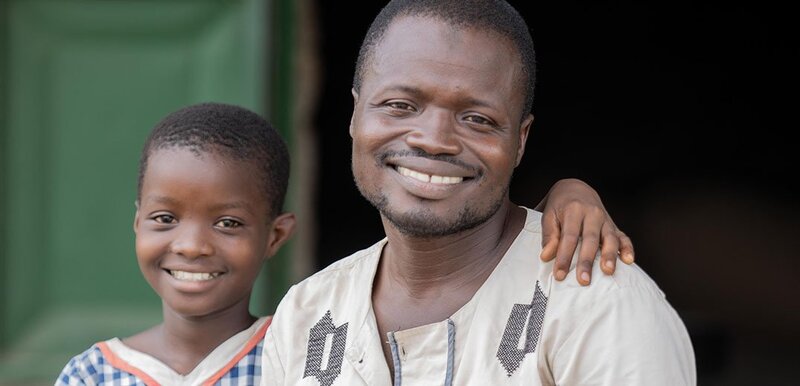
Andersen: 2024 is on track to be warmest on record..Financing must up at least 3.5 times
2024 is on track to surpass 2023 as the warmest on record and climate change ...

Nestlé plans to invest a total of CHF 1.3 billion by 2030 within the framework of its continued efforts to expand its cocoa sustainability. This is more than tripling its current annual investment.
Nestlé will transform the global sourcing of cocoa to achieve full traceability and segregation of its cocoa products from origin to factory.
This new effort will help transform the supply chain of Nestlé and the broader industry.
Nestlé will introduce a range of products with cocoa sourced from this innovative program, offering consumers the opportunity to support the improvement of the families’ livelihoods and the protection of children. This will start with a selection of KitKat products in 2023.
“Our actions can help catalyze change on an important topic that is so close to our hearts. They will drive accountability and transparency across the industry, at a time when customers, employees and communities increasingly expect companies to deliver on their shared values,” said Magdi Batato, Executive Vice President and Head of Operations.
“By increasing traceability at scale, we will help build consumer trust in our products and respond to the growing demand for responsibly and sustainably sourced cocoa.”
Within this context, Nestlé has also announced a new plan to tackle child labor risks in cocoa production. At the center is an innovative income accelerator program, which aims to improve the livelihoods of cocoa-farming families, while also advancing regenerative agriculture practices and gender equality.
A cash incentive will be paid directly to cocoa-farming households for certain activities such as enrollment of children in school and pruning among several others.
Cocoa-farming families will now be rewarded not only for the quantity and quality of cocoa beans they produce but also for the benefits they provide to the environment and local communities.
These incentives are on top of the premium introduced by the governments of Côte d’Ivoire and Ghana that Nestlé pays and the premiums Nestlé offers for certified cocoa.
This cocoa is independently audited against the Rainforest Alliance Sustainable Agriculture Standard, promoting the social, economic and environmental well-being of farmers and local communities.
Cocoa-farming communities face immense challenges, including widespread rural poverty, increasing climate risks and a lack of access to financial services and basic infrastructure like water, health care and education. These complex factors contribute to the risk of child labor on family farms.
Together with partners, including governments, and building on a promising pilot program, Nestlé’s new initiative sharpens focus on these root causes of child labor.
“Our goal is to have an additional tangible, positive impact on a growing number of cocoa-farming families, especially in areas where poverty is widespread and resources are scarce, and to help close the living income gap they face over time,” said Mark Schneider, Nestlé CEO.
“Building on our longstanding efforts to source cocoa sustainably, we will continue to help children go to school, empower women, improve farming methods and facilitate financial resources. We believe that, together with governments, NGOs and others in the cocoa industry, we can help improve the lives of cocoa-farming families and give children the chance to learn and grow in the safe and healthy environment they deserve.”
2024 is on track to surpass 2023 as the warmest on record and climate change ...
The annual collective climate financing contributions from the group of multilateral development banks (MDBs) is ...
Sweden pledges additional $19 million to the Loss and Damage Fund at the 29th United ...


اترك تعليقا